Question And Answer
Publications
Articles, publications, books, tools and multimedia features from the U.S. Institute of Peace provide the latest news, analysis, research findings, practitioner guides and reports, all related to the conflict zones and issues that are at the center of the Institute’s work to prevent and reduce violent conflict.
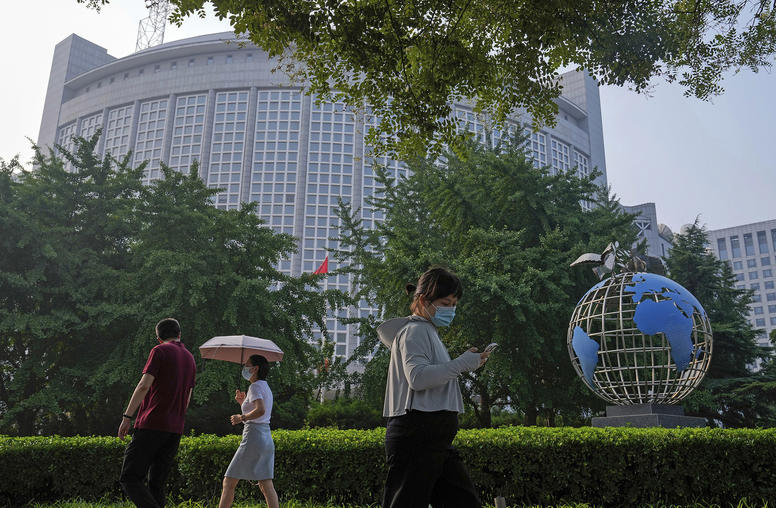
China and the Reshaping of Global Conflict Prevention Norms
As China has become a more powerful and influential actor—economically, politically, and militarily—it has demonstrated growing interest in playing a larger role in international conflict prevention and influencing established norms. This report examines Beijing’s approaches and efforts in this area, focusing on three case studies: funding projects through the UN, “Sinocentric” regional organizations, and ties with Solomon Islands. The report finds that China’s efforts around conflict prevention have a coherence that requires a similarly coherent response from the United States.
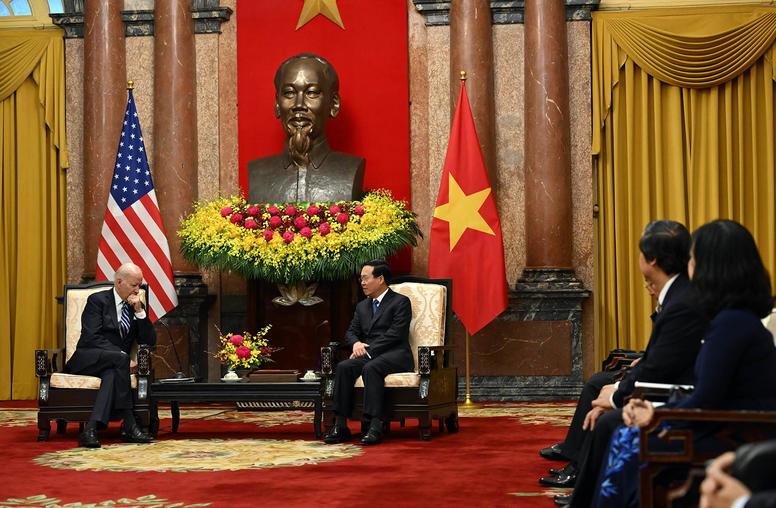
U.S.-China Competition Presents Vietnam with Risks and Opportunities
In recent years as U.S.-China strategic competition has ramped up, Southeast Asia has been one of the key domains where this rivalry is playing out. Vietnam is the only Southeast Asian country that has suffered from direct military confrontations with several major powers. It suffered at the height of the Cold War, and also when the major powers entangled and realigned their relationships when geostrategic factors shifted, such as when the United States and China improved ties in the early 1970s. So, Vietnam is especially sensitive to this intensifying strategic competition and attuned to the impact on its relationships with major powers.
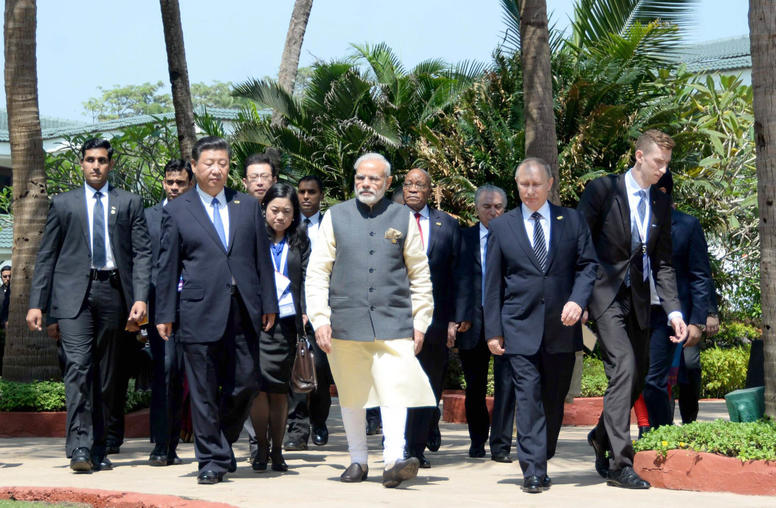
How Does China Approach Conflict Prevention?
As the United States enters a “post-Afghanistan era” and with great power competition on the rise, questions abound about the role of the world’s major powers, and the multilateral institutions they lead, in preventing conflict. Many of these questions are rightly being asked about the People’s Republic of China (hereafter the PRC or China). As it has become a more powerful and influential actor — economically, politically and militarily — China has demonstrated growing interest in playing a larger role in preventing international conflict through both multilateral and bilateral frameworks. To date, little attention has been given to China’s activities in this area, a gap in understanding our forthcoming report is designed to help fill.
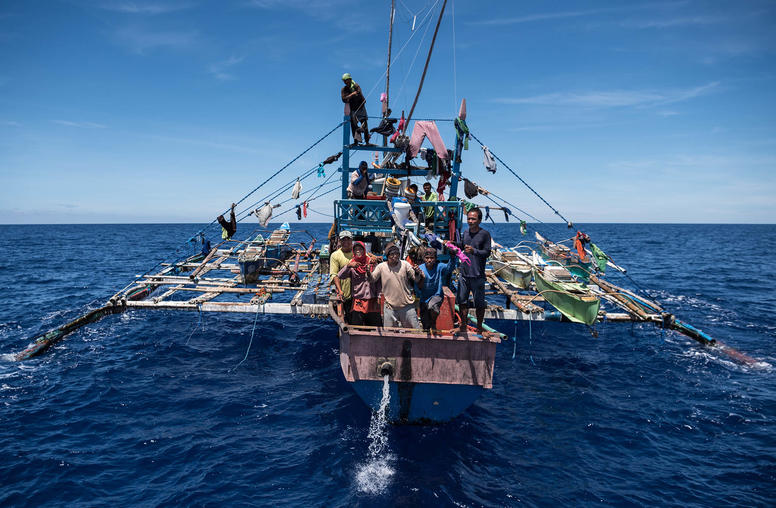
South China Sea: Crisis Communication Is Crucial to De-escalate Geopolitical Tensions
During the August 5 crisis at Second Thomas Shoal, the Philippines Department of Foreign Affairs tried to contact its Chinese counterparts through a bilateral hotline. Manila’s effort to de-escalate the standoff despite being the victim of Chinese aggression was laudable. Unfortunately, the calls went unanswered. Officials in Washington have shared the same experience on many occasions — when communication is needed most, Beijing can’t be reached.
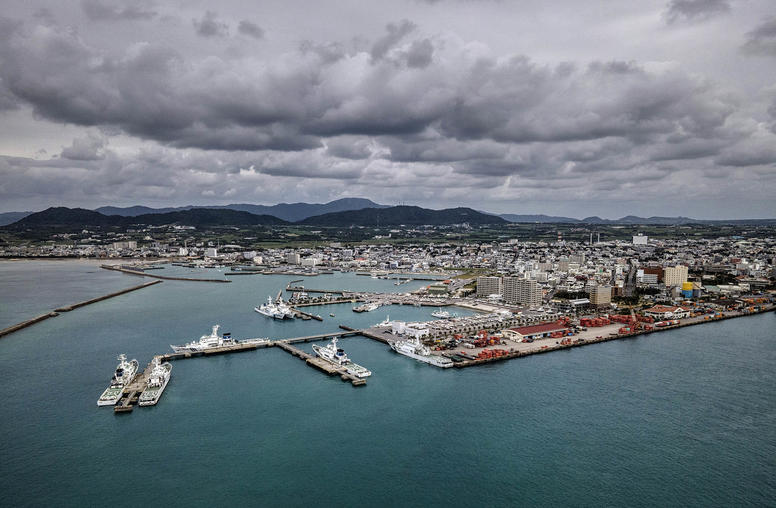
How the Japan-China Hotline Can Help Stop Crisis from Turning into Conflict
For over a decade, confrontation over maritime administration and transit has increased the risk of security incidents between Japan and China. Disputes over territorial incursions, military movements and other activities have maintained consistent friction points between these regional neighbors, begging the question of how the two sides might mitigate tactical-level incidents from becoming strategic-level crises. To that end, on May 16, the two countries’ defense ministers held their first phone call across the newly established “Hotline between Japan-China Defense Authorities.” This culminated a years-long effort to establish a viable line of communication for information exchange and crisis management.
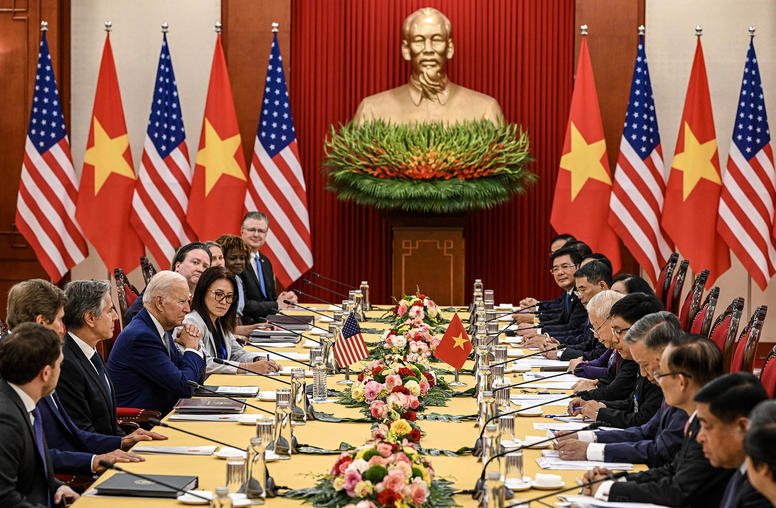
Biden’s Trip to Vietnam Highlights Two-Way Partnership
President Biden’s trip to Hanoi this Sunday signifies the culmination of a 50-year process of rebuilding bilateral relations after the end of the Vietnam War. It is expected that a new “comprehensive strategic partnership”— which is an upgrade from the existing agreement signed in 2013 — will be announced. While many may cast this achievement as a victory for the United States in its burgeoning competition with China, viewing this as a Vietnamese tilt away from China would be mistaken. Instead, the trip represents the evolution of hard-earned trust, cooperation and effective diplomacy — but it does not mean Vietnam is allied with Washington against Beijing.
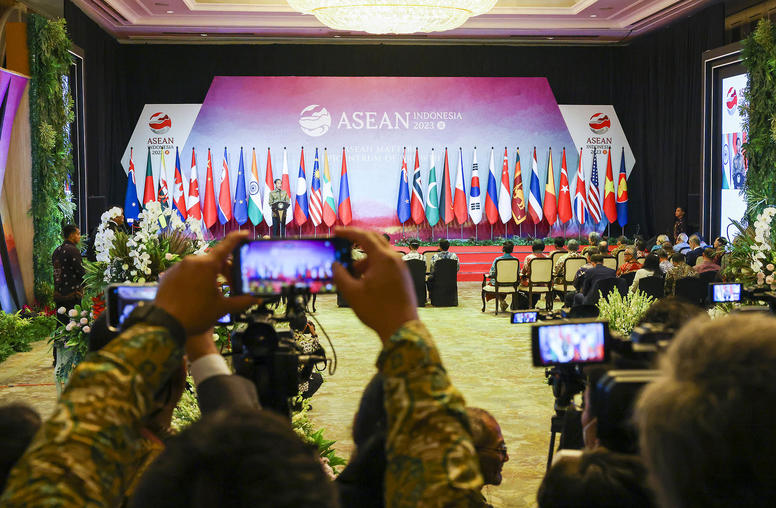
Myanmar’s Crisis Looms Over the ASEAN Summit
This week, Indonesia hosted the Association of Southeast Asian Nations (ASEAN) summit and its related meetings with dialogue partners, including the East Asia Summit, in Jakarta. The three-day affair was bogged down by the bloc’s continued inability to sort through internal divisions over member-state Myanmar’s 2021 military coup, which has allowed the ruling junta’s violence and support for criminal enterprises to fester into transnational problems. Meanwhile, the absence of several leaders from major ASEAN partners, such as China’s Xi Jinping and U.S. President Joe Biden, further dampened proceedings.
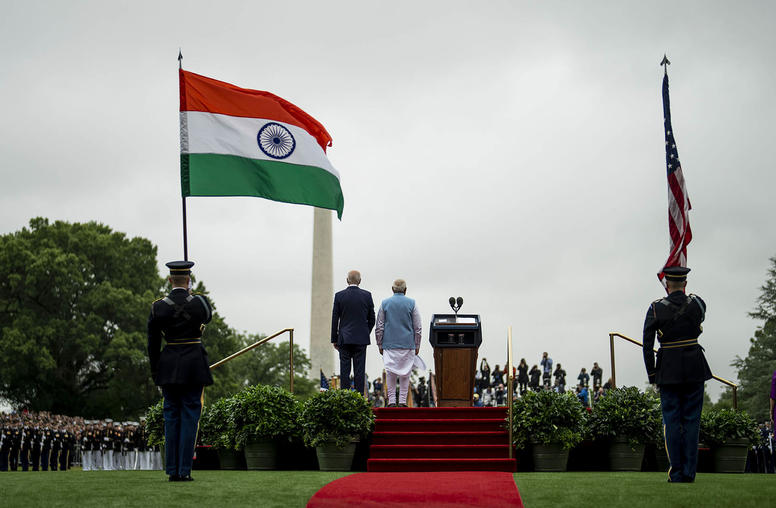
At G20, India Tests Geopolitical Clout Amid Xi’s Absence
World leaders from the Group of 20 (G20) gather this weekend in New Delhi, India, for the intergovernmental forum’s annual summit. Indian Prime Minister Narendra Modi is aiming to leverage the summit to showcase India’s growing international influence. The summit will be center stage for the emerging divisions in world politics and for major powers’ efforts to woo the Global South. Yet, despite this competition, China’s Xi Jinping has opted to not attend the summit in what many see as a snub to rival India. The White House has said it will come to the summit with a “value proposition” for the Global South, focused on multilateral development reform, climate financing, debt relief and technology.
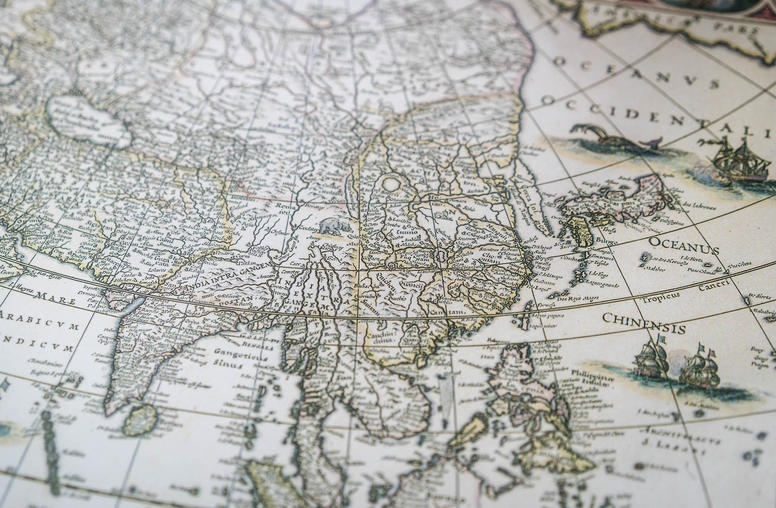
In Southeast Asia, U.S.-China Competition Is More than a Two-Player Game
Great power rivalry between the United States and China is frequently couched in bilateral terms with regions of the world merely serving as arenas of competition. Rarely considered is the reality that while third countries may be significantly weaker than either the United States or China, they are neither totally helpless nor completely without leverage or absent agency. As Southeast Asia is “where great powers meet,” the region’s states have a challenging balancing act to play, but also have options in how they manage the risks and opportunities presented by this competition.
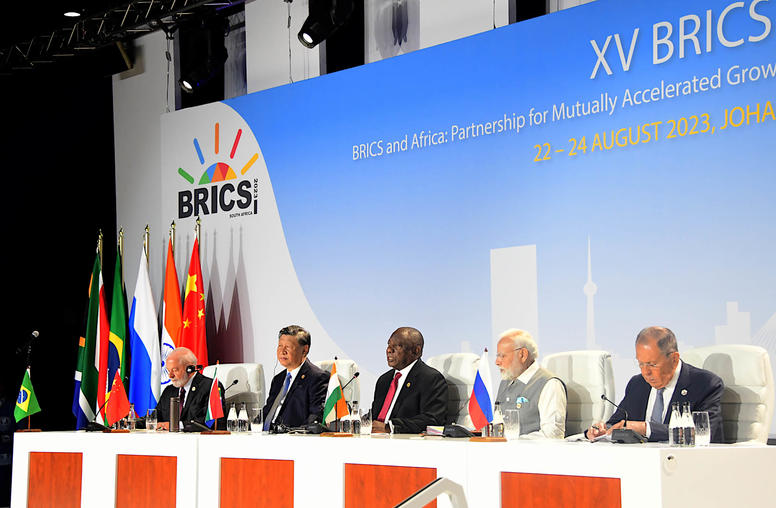
What BRICS Expansion Means for the Bloc’s Founding Members
After more than 40 countries expressed interest in joining, the question of whether BRICS would admit new members was finally answered during the group’s summit last week. Despite pre-summit reports of division over the potential expansion, leaders from the five-nation bloc announced that Saudi Arabia, Iran, Ethiopia, Egypt, Argentina and the United Arab Emirates (UAE) would join the group starting in 2024.